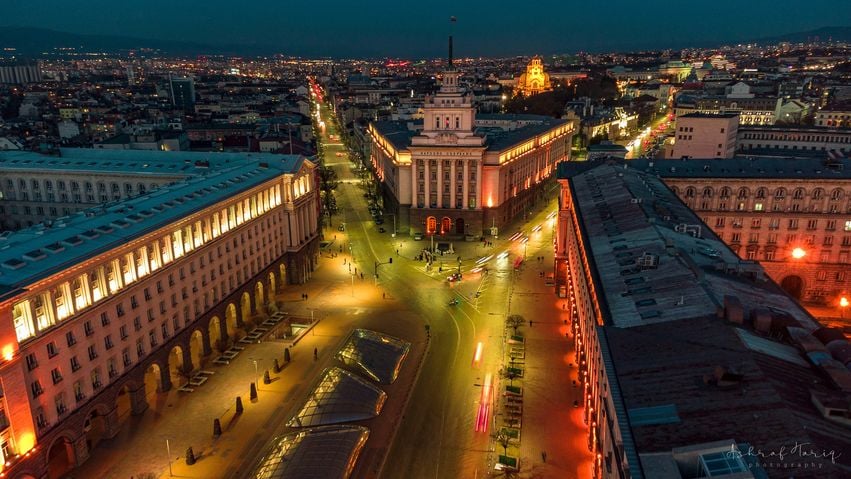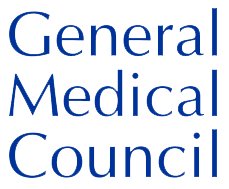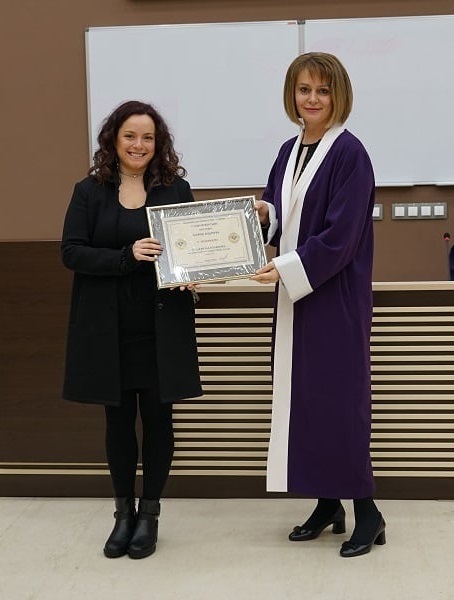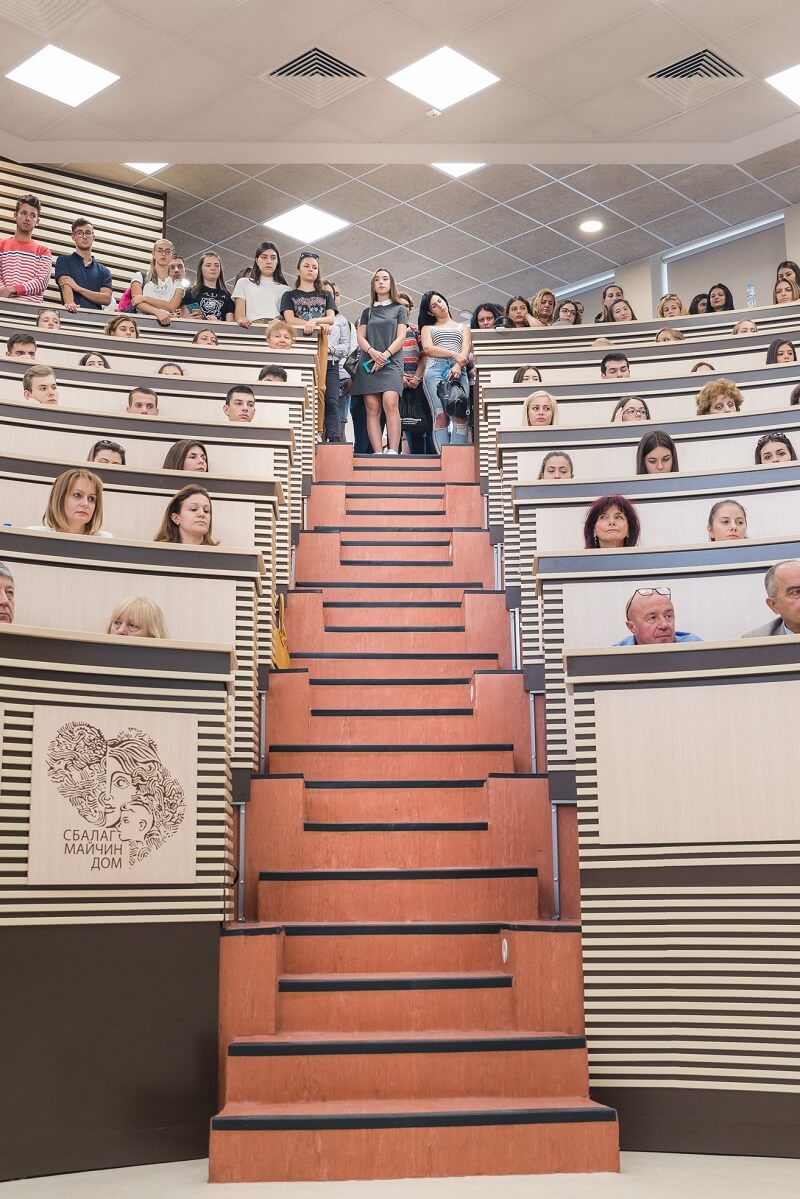The 6 medical universities in Bulgaria are located across 5 major cities that are in the top 7 in Bulgaria by population.
Living costs in Bulgaria are about 2½ times lower than those of the UK. In addition, students get discounts on public transport as well as other amenities like gym subscriptions, swimming pools, or museum tickets..
In terms of accommodation, the majority of international students in Bulgaria choose to rent apartments because of the affordability and general comfort they provide. If you prefer dormitories, that option is available as well, and it’s even cheaper.
Rent prices, food, and utility bills are generally low compared to Central and Western Europe. Rent will be your biggest expense - around €250 to €500 (£200-£400) per month.
Food prices in Bulgaria are reasonable, with a good three-course meal costing about €8 - €12 (£6 - £10). Seasonal fruits and vegetables are significantly cheaper, with two kilograms of fruit or vegetables selling for less than €3 (£2.50). Grocery shopping costs are also relatively low, with a weekly grocery bill of around €30 (£25).
International student safety in Bulgaria
Bulgaria is a safe and peaceful country and Bulgarians are friendly, helpful, and welcoming towards foreigners. Crime rates are low. According to the GOV.UK Foreign Travel Advice page, you should take care of yourself and your belongings in the same way as you would do in the UK. You should follow the general rules which are to avoid dark alleys late at night and be extra vigilant in places like public transportation and summer resorts.















